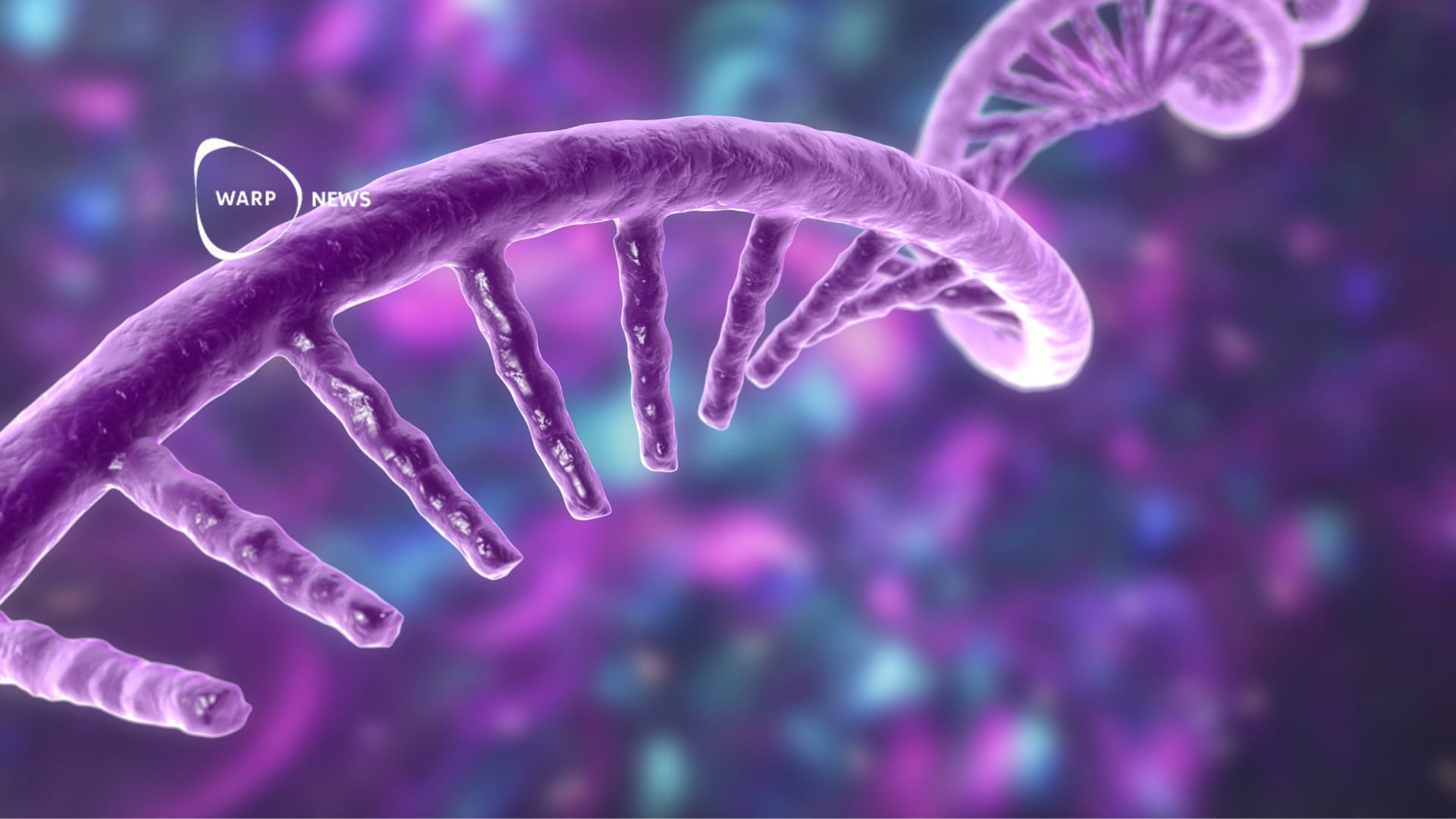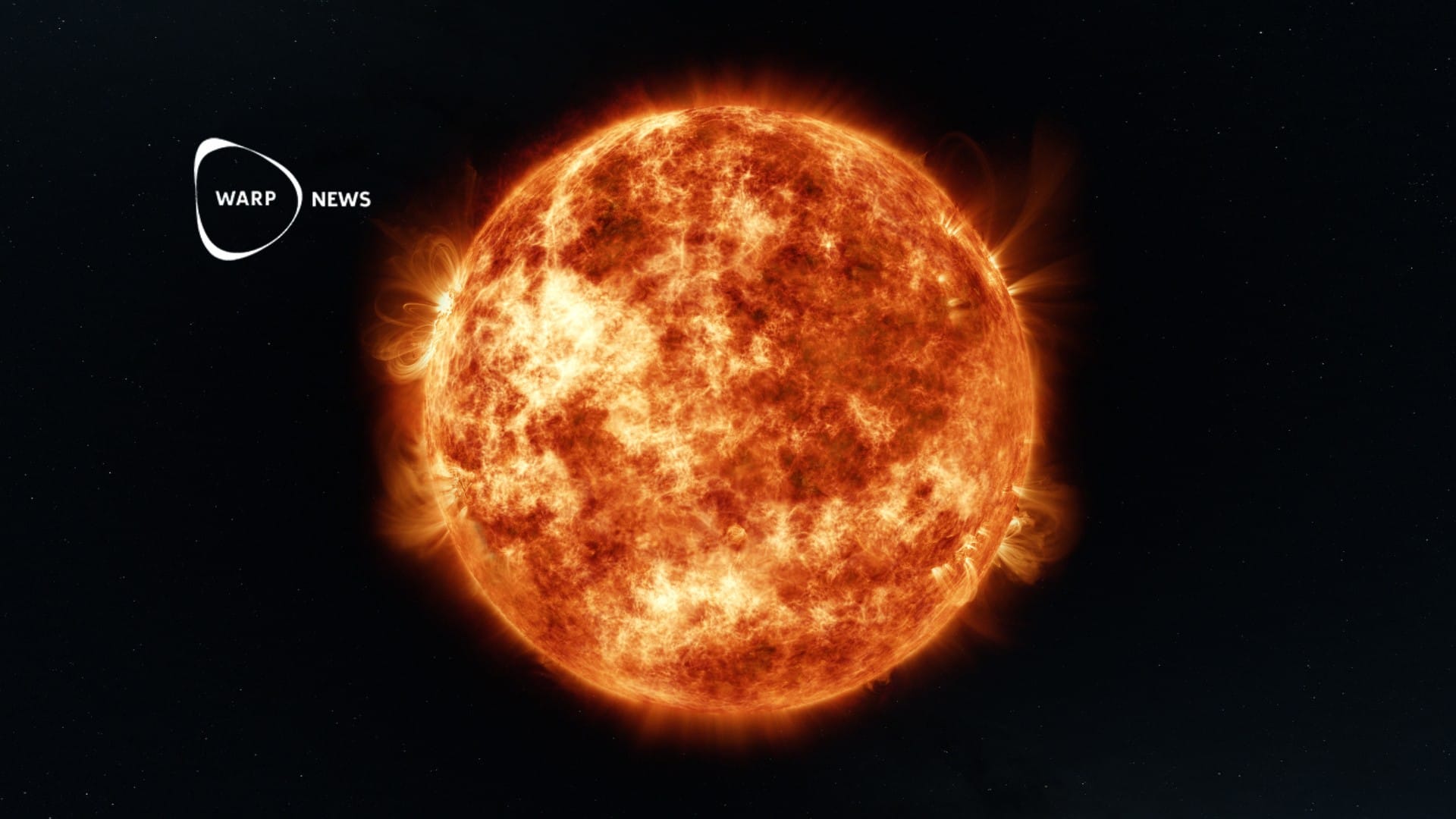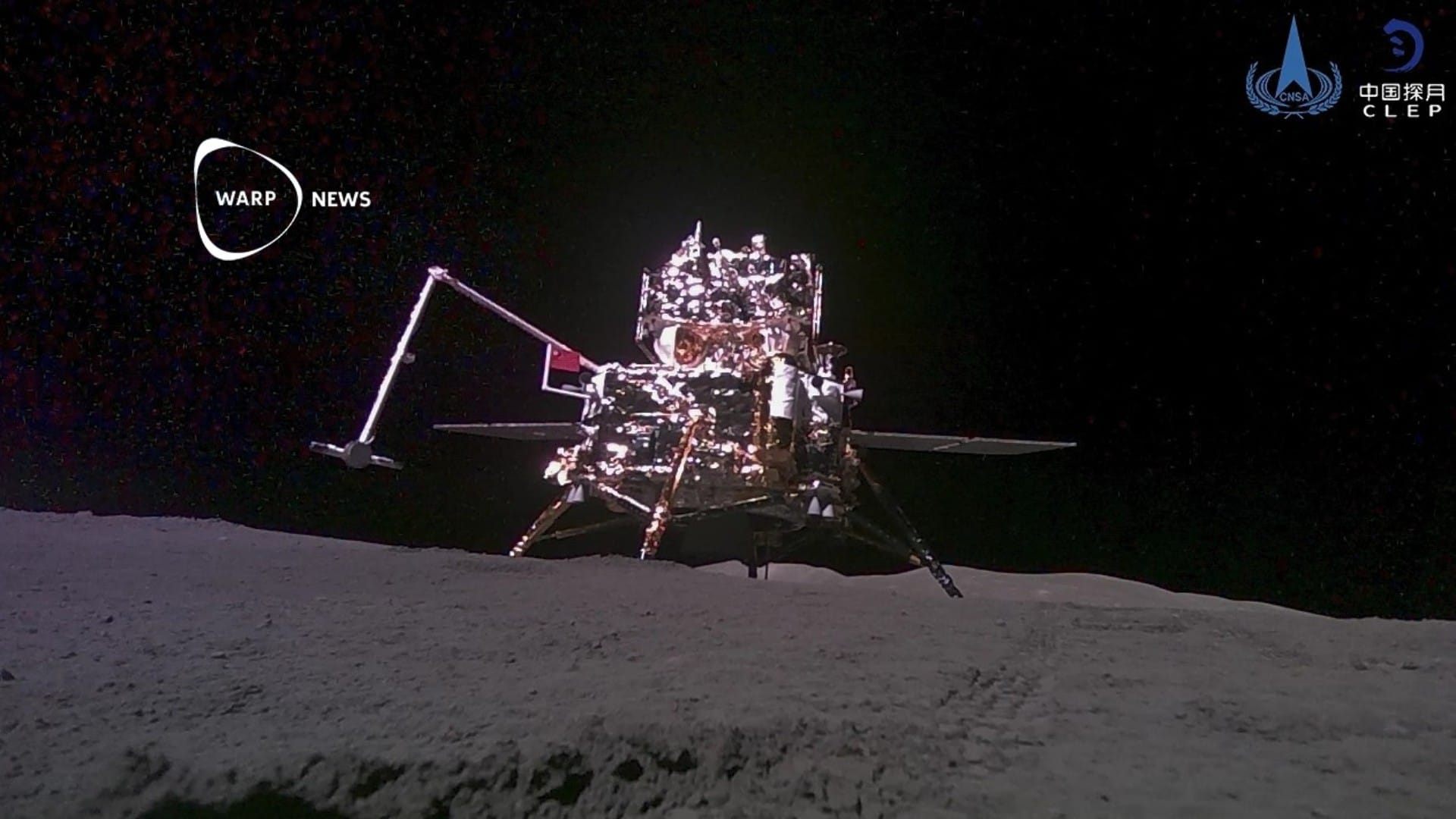
💪 Space experiment on muscles could give us longer lives
By studying muscle tissue in microgravity, the MicroAge project hopes to enable the elderly to maintain muscle mass. This could mean healthier, more independent and longer lives.
Share this story!
Those who object against ventures into space often argue that those investments do not benefit ordinary people. After all, results tend to be abstract, seemingly far away from our everyday lives. Yet, there are projects where the practical advantages are in focus.
With support from the UK Space Agency, the University of Liverpool is conducting the MicroAge experiment. As astronauts spend time in space, they grow weaker like older people, and upon their return, they gradually restore their strength.
The project is built upon the theory that by studying contracting muscles in microgravity, there's a lot to be learned about how muscles with age become less likely to respond to exercise. Enabling the elder to maintain muscle mass could substantially improve their autonomy, life quality, and even life expectancy.
"Our hypothesis is that an analogous failure of muscle adaptations to contractile activity occur in both ageing and in muscle exposed to microgravity and that by studying the way that muscle responds to repeated contractions in microgravity we will gain further understanding of the way that muscle fails to respond to exercise in older people and in astronauts in space", an article explains at the University of Liverpool homepage.
The researchers have attached lab-grown human muscle cells to 3D-printed scaffolds. The tissue is then placed in a container full of collagen-based gel. Upon its arrival at the ISS, the containers will be installed in the KUBIK incubator, a piece of equipment that's a permanent feature at the famous station. There, the cells are subjected to electric stimulus to provoke contractions. Scientists will carefully study what happens.
In space our muscles weaken, much like they do as we get older 👵👴 The Microage experiment by @spacegovuk & @LivUni studies muscle in microgravity to help understand how and why muscle mass is lost, and find possible modes of prevention 🔬 https://t.co/2X9KaTeiRq #CosmicKiss pic.twitter.com/BS9NsBaFWD
— Matthias Maurer (@astro_matthias) January 3, 2022
The experiment was launched at the International Space Station on December 21 of 2021. The samples will return to earth later this month for further analysis. If you want to follow the project, you might want to download the MicroAge app for iOS and Android.
By becoming a premium supporter, you help in the creation and sharing of fact-based optimistic news all over the world.


